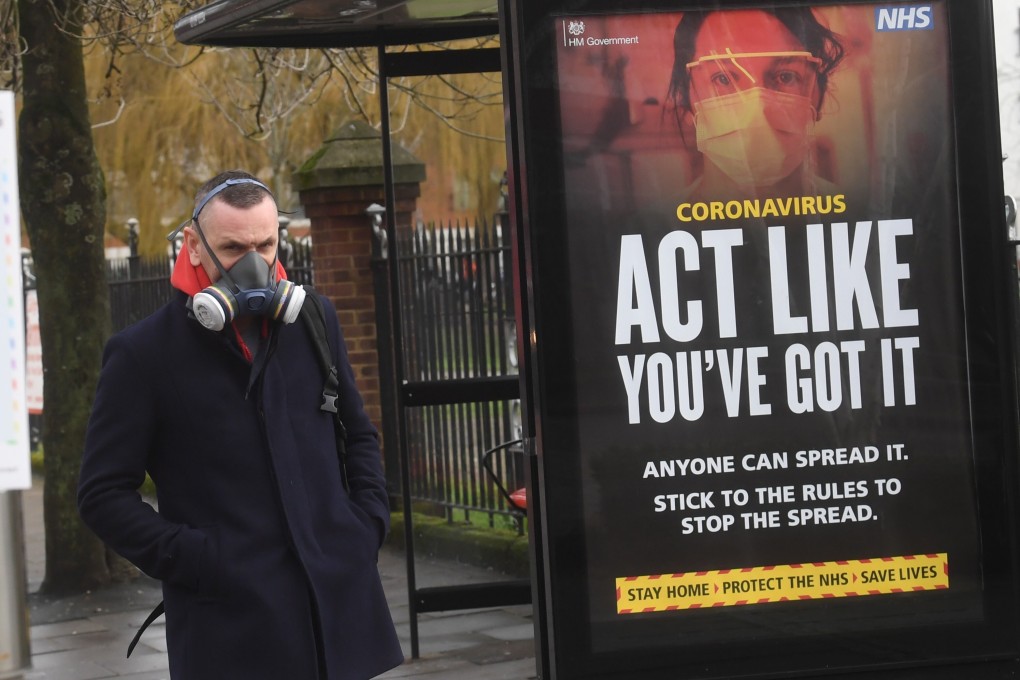UK passes peak of latest coronavirus wave, 10 million vaccinated
- Britain’s immunisation programme is the most successful so far in Europe
- Oxford to run trial to test combining Pfizer and AstraZeneca vaccines

The UK has passed the peak of its latest wave of the coronavirus pandemic, officials said, as the country reached the milestone of vaccinating 10 million people, about 15 per cent of the population.
“We are on a downward slope of cases, hospitalisations and deaths,” Chief Medical Officer Chris Whitty said on Wednesday. “This peak, at least, we are past.”
But Whitty, a senior adviser to Prime Minister Boris Johnson, said infections were still widespread and the state-run National Health Service would be “back in trouble extraordinarily fast” if social restrictions are lifted.
Britain’s immunisation programme – the most successful so far in Europe – puts the country on track to provide shots to 15 million citizens and carers at greatest risk from the disease by February 15. Johnson said it will only be possible to begin easing the lockdown three weeks after that date, once those vaccinated have received the benefits of the immunisation.
Johnson, who will publish a plan for relaxing the curbs on February 22, said there are “signs of hope” but warned the number of people with the disease is still “alarmingly high”. A further 1,322 deaths were reported Wednesday.